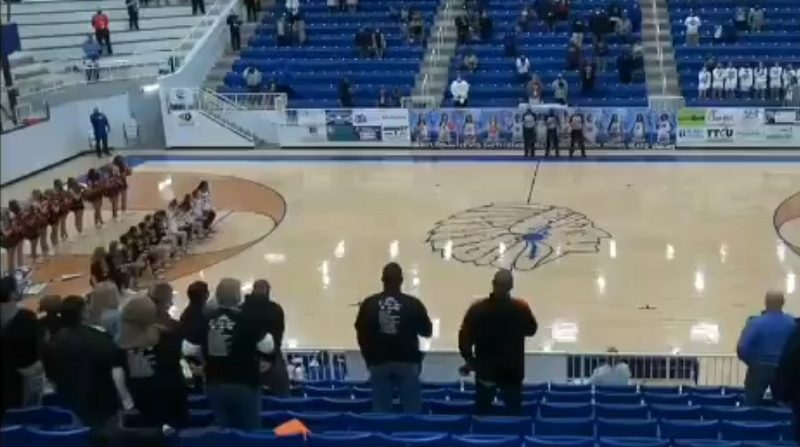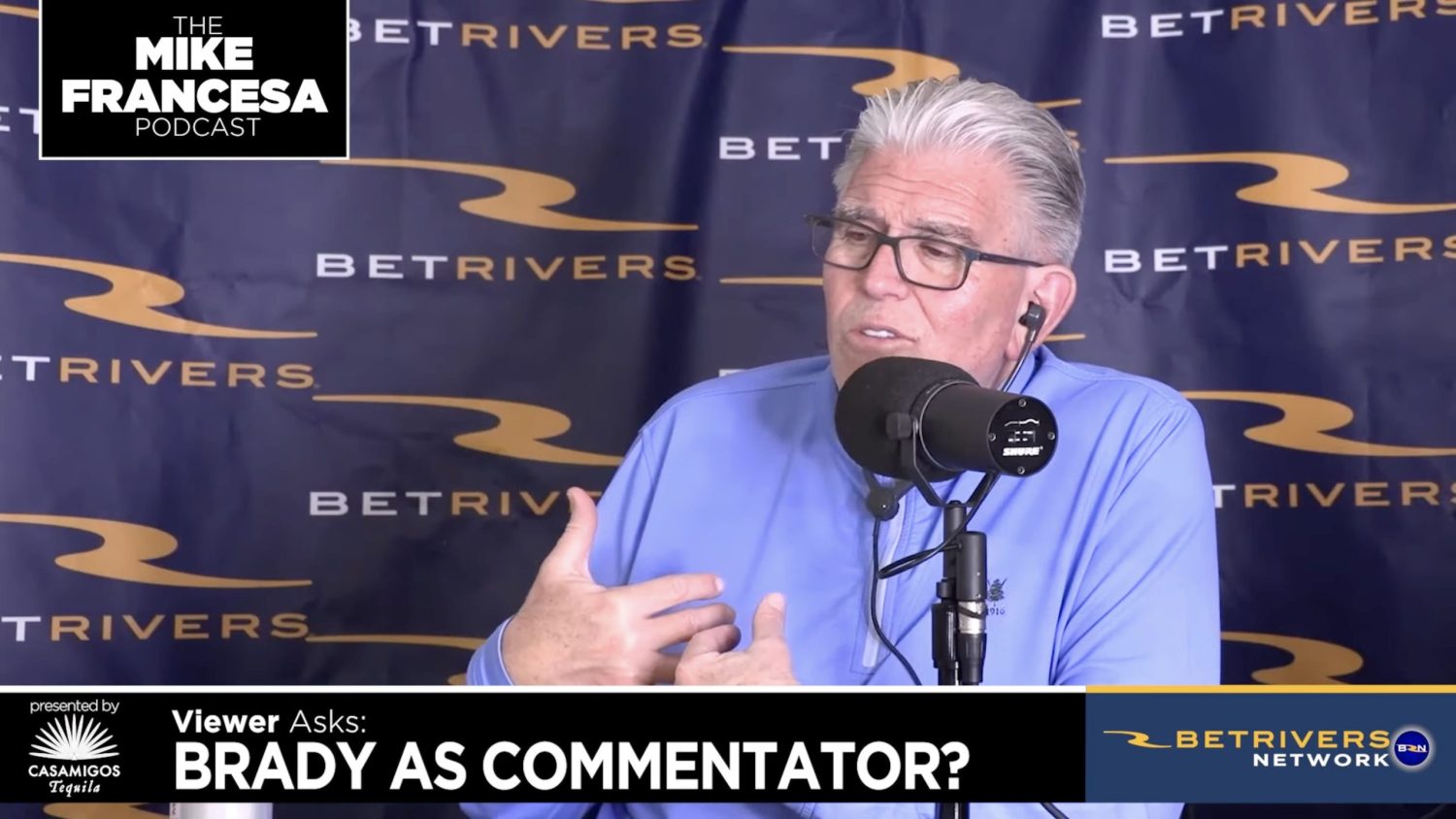Nearly three years ago, a high school basketball announcer in Oklahoma made national headlines for his despicable act of using a racial slur against female players on a hot mic. But some of those national headlines named the wrong announcer. The announcer was initially reported as Scott Sapulpa, and as the victim of mistaken identity, he sued the responsible newspaper, journalists, and others, demanding accountability for the damaging false accusation.
On Monday, Sapulpa received $25 million in damages after a jury ruled that the state’s biggest newspaper, The Oklahoman, deliberately misidentified him as the racist announcer during a high school basketball game in March 2021.
The incident garnered national attention after the opposing team kneeled in protest, prompting racist remarks from the actual perpetrator, Matt Rowan. Sapulpa was wrongly accused of making these offensive comments despite only being one of two announcers present.
Rowan also casually blamed his racism on low blood sugar.
Rowan was hosting the broadcast of a girls’ high school basketball tournament in Oklahoma on March 11, 2021. During the national anthem, some members of one team took a knee in the same manner that other athletes have protested for social justice in recent years. Rowan, seemingly unaware that he was still on-air, says, “They’re kneeling?… I hope they lose … hell, no,” and then goes on to use the N-word and other terms. The next day, the clip was posted to Twitter and went viral.
Hey @NFHSNetwork looks like you forgot to cut the Mic!!! "F****** N******" is the one that really got me!! Tell us how you really feel!! THIS IS WHY THEY KNEEL!!!@Migliorino_Nick @tohara_o @NHS_AthDept @gonormantigers pic.twitter.com/mmWQAecLaF
— Frankie Parks (@CoachFParks) March 12, 2021
The Oklahoman initially reported the story, saying that Scott Sapulpa was the person saying the remarks. Many national and online outlets, including us at Awful Announcing, picked up the story and used it as the basis for their own reports. Some of the outlets included Sapulpa’s name as it had been included in The Oklahoman’s write-up. On March 12, Rowan identified himself as the person who made the statements. The Oklahoman would amend the reporting and remove Sapulpa’s name from their story. They also added a correction at the bottom of the article.
The Oklahoman in an earlier version of this story identified an individual as the person who made the racist comments, based on official sources who were familiar with the incident. That information was incorrect.
Sapulpa would file a lawsuit against a web of parties claiming responsibility in Oklahoma. He targets newspaper giant Gannett (owners of The Oklahoman and USA Today), the reporters who misidentified him, the actual perpetrator, Matt Rowan, the broadcasting services involved, and even CBS Sports. The lawsuit details how this mistaken identity caused “defamation, negligence, and malicious harm,” ruining his reputation. Notably, it accuses Rowan of intentionally leaving Sapulpa to face the blame for an entire day before coming clean.
A jury deemed Gannett liable for their role in tarnishing Scott Sapulpa’s reputation with false accusations. Their punishment? A hefty $25 million price tag, split between $5 million for actual damages and a substantial $20 million in punitive damages.
Conversely, Gannett’s attorney, Bob Nelon, acknowledged the company’s error in identifying Sapulpa and stressed their swift correction. He cautioned against the high damages, arguing they could jeopardize smaller community newspapers within the company.
“Newspapers are made up of people, and people make mistakes. Mistakes happen,” Nelon said.
“Gannett is made up of people — over 11,000 people. When you punish Gannett, you’re punishing all those small-town newspaper editors.”
Sapulpa’s lawyers presented evidence that the misidentification led to devastating consequences: administrative leave, a lost teaching contract, plummeting business clientele, death threats, and fractured personal and professional relationships.
But Gannett has said they’ll appeal the verdict. “There was no evidence presented to the jury that The Oklahoman acted with any awareness that what was reported was fake or with any intention to harm the plaintiff in this case,” Lark-Marie Anton, a spokesperson for the media conglomerate, said in a statement via the New York Post.







